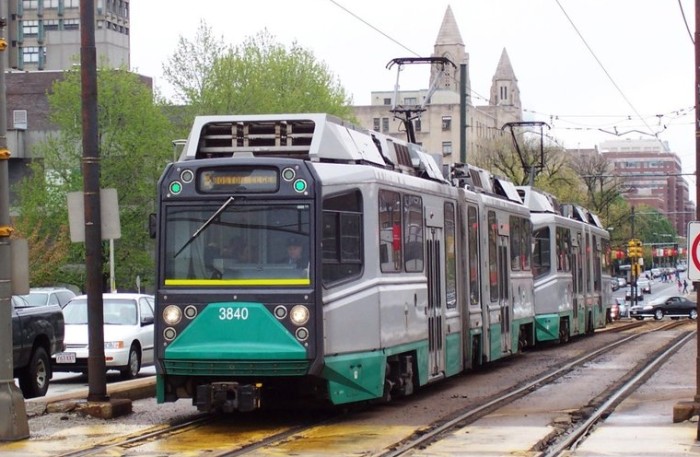Transit Helps Boston Land GE.
Everyone in Boston, from the mayor on down to the shop owners on trendy Newberry Street, is agog over the news that General Electric will be moving its corporate headquarters to that city from suburban Fairfield, Connecticut. To locate it a bit more precisely for you, GE will be relocating to a waterfront area in South Boston, known locally as “Southie.”
Of course it’s a big shot in the arm for Boston’s economy, not to mention its prestige, but it’s also significant because it represents a growing trend: professional people—especially the young, creative ones—are heading into cities, not out of them. Here’s how the Boston Globe put it:
“It also reflects a trend that has taken hold in major metro areas during the past five years, as more employers move into dense urban areas to better compete for Millennial-aged workers who have no interest in the burbs — or even in owning a car.”
To me, what’s key in the statement is that skilled young people prefer to live in (as opposed to out of) major cities and they don’t own cars! That means they are almost totally reliant on public transportation. Without Boston’s transit system—locals call it simply “The T”—General Electric goes somewhere else and a whole lot of bright, talented young Millennials follow.

People who bitch and complain about subsidizing public transportation like The T had better understand that those in the workforce who can’t afford to live in town—in other words, their employees—need a public transit systems to get to their jobs. And that includes recent college graduates and the maintenance workers and the clerks and the stenographers and the ladies who make the sandwiches at Dunkin’ Donuts and the guys who deliver them.
But now an efficient transit system is also a requirement of the millennials—the 30-somethings working in finance and industry and entertainment and for start-up internet ventures. They demand good public transportation so they can get around in the city and take advantage of the restaurants and the professional sports events and the concerts and the museums.
Public transportation—good, reliable, efficient and affordable public transportation—will be an essential element for a prosperous economy in the decades to come. And the shallow thinkers and the penny pinchers in authority today had better get that figured out . . . and damn quick, too.



